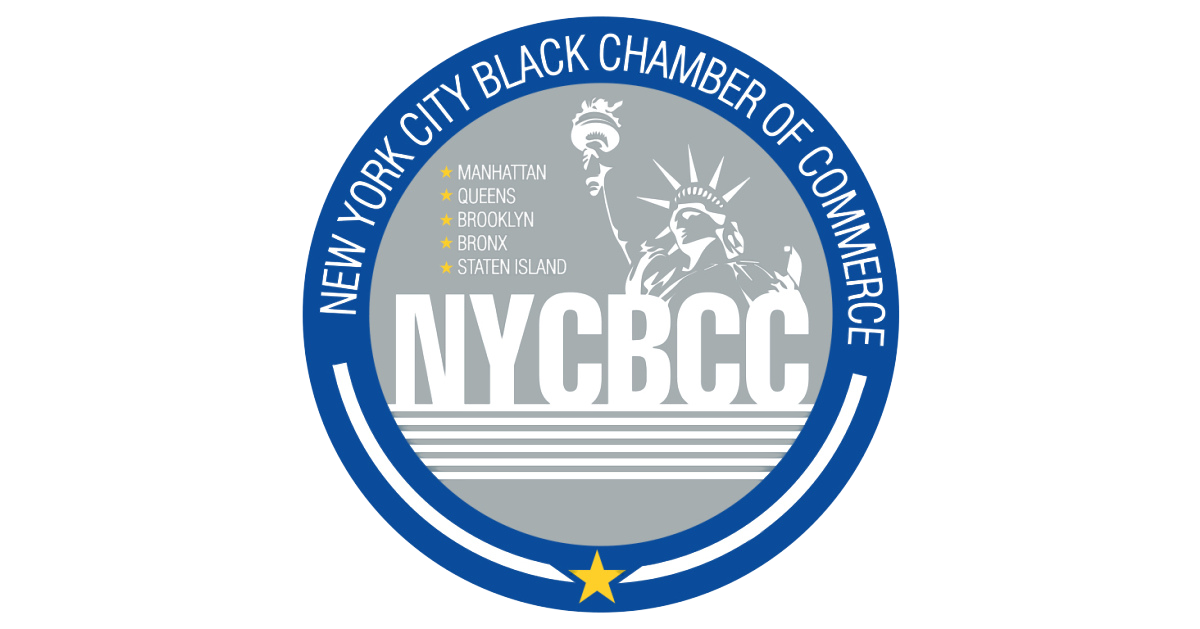Tell City Hall to Protect Grocery Delivery!
New Yorkers rely on grocery delivery apps for flexible earning opportunities. But Local Law 124 threatens to eliminate that flexibility, lock thousands of workers out of the apps, and raise the cost of grocery delivery for families. Grocery delivery has become a lifeline for so many in New York. With families still struggling under record inflation and an uncertain economy.
The DCWP needs to hear from New Yorkers like you about the importance of affordable grocery delivery. Together, we can urge them to adopt rules that protect affordability and ensure fresh groceries and essentials remain accessible to everyone across NYC, while preserving flexible earnings opportunities for thousands of grocery delivery workers.
Thank you for standing with New Yorkers to protect affordable grocery delivery.
Please take a minute to urge the Department of Consumer and Worker Protection (DCWP) to protect your access to affordable grocery delivery!
New Yorkers use grocery delivery apps for the flexible earning opportunities they provide. But Local Law 124 threatens to eliminate that flexibility, while locking thousands of workers out of the apps, and raising the cost of grocery delivery for families. This law puts the flexibility they rely on at risk by potentially forcing rigid shifts, reducing earnings opportunities, and making grocery delivery unsustainable due to lower demand.
Countless New Yorkers across all five boroughs already feel the weight of skyrocketing grocery bills every day. At a time when 85% of New Yorkers say food costs are outpacing their income, we need City Hall and our leaders in Albany to focus on policies that will prioritize economic opportunity, affordability, and access to healthy food options.
With 1.2 million New Yorkers already food insecure, these services fill a critical gap, particularly in communities where accessing a grocery store is a challenge. As grocery delivery has made it easier for seniors, low-income families in food deserts, communities of color, and SNAP beneficiaries to access fresh food, it’s critical for New York to do everything it can to keep grocery delivery as affordable as possible.
Polling Shows Voters Want NYC Government to Prioritize Grocery Affordability
of voters say it is currently difficult to find affordable, reliably high-quality groceries in their area.
75%
of voters are concerned about the cost of food and groceries in the city.
90%
of voters think the NYC government should do more to make groceries, produce, and other household goods cheaper.
86%
of voters say that grocery affordability should be the priority for politicians making laws about grocery delivery in New York City.
2/3
Slingshot Strategies poll of 700 registered voters in New York City, February 28 - March 3, 2025
It's not just grocery delivery. It's a lifeline.
It's not just grocery delivery. It's a lifeline.
Who We Are
We represent a coalition of app-based delivery workers, concerned New Yorkers and advocates who support sensible food policy that won’t raise grocery costs on working families while protecting worker independence. As the cost of living in New York surges to historic highs, the City Council must do everything in its power to keep grocery costs down while protecting earning opportunities for delivery workers.
Testimonials
Lashawanda W., Flex Worker, Queens:
“Instacart serves as my secondary source of income that I use whenever I'm available. Having to adhere to a set schedule would disrupt my flexibility completely."
Kasandra B., Flex Worker, Brooklyn:
“Instacart serves as my secondary source of income that I use whenever I'm available. Having to adhere to a set schedule would disrupt my flexibility completely."
Michael D., Flex Worker, Queens:
“The flexibility I get shopping with Instacart allows me to support my family and community on my own terms. A 9-to-5 schedule would tie me down."




